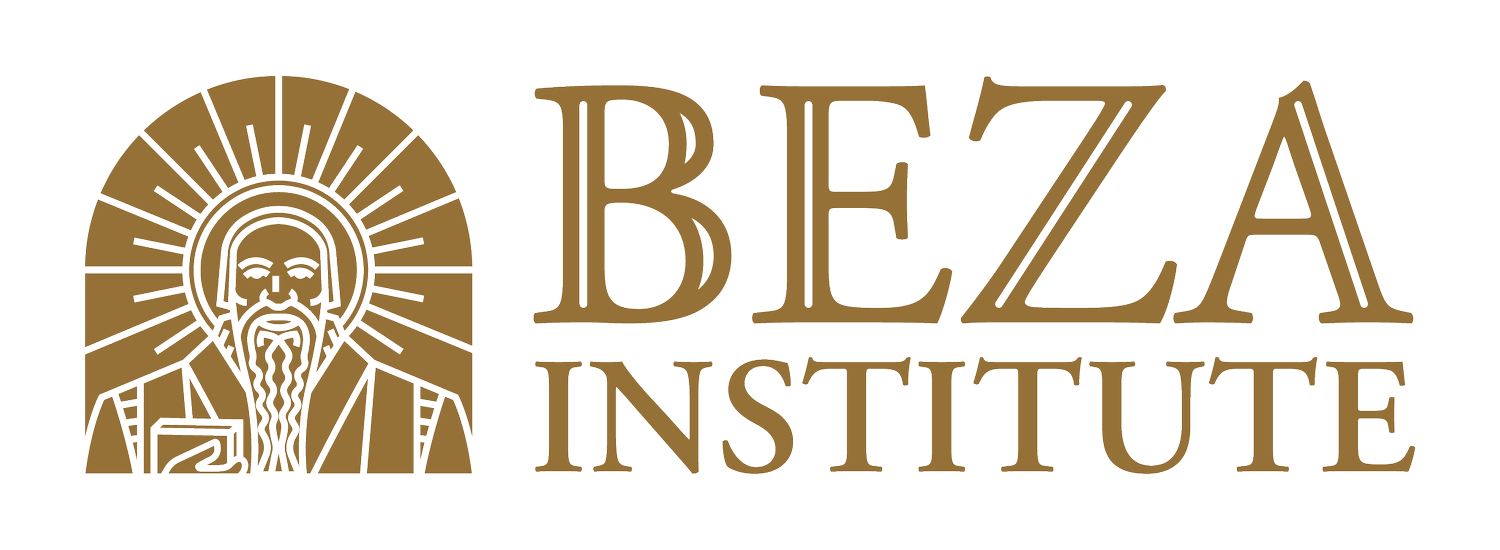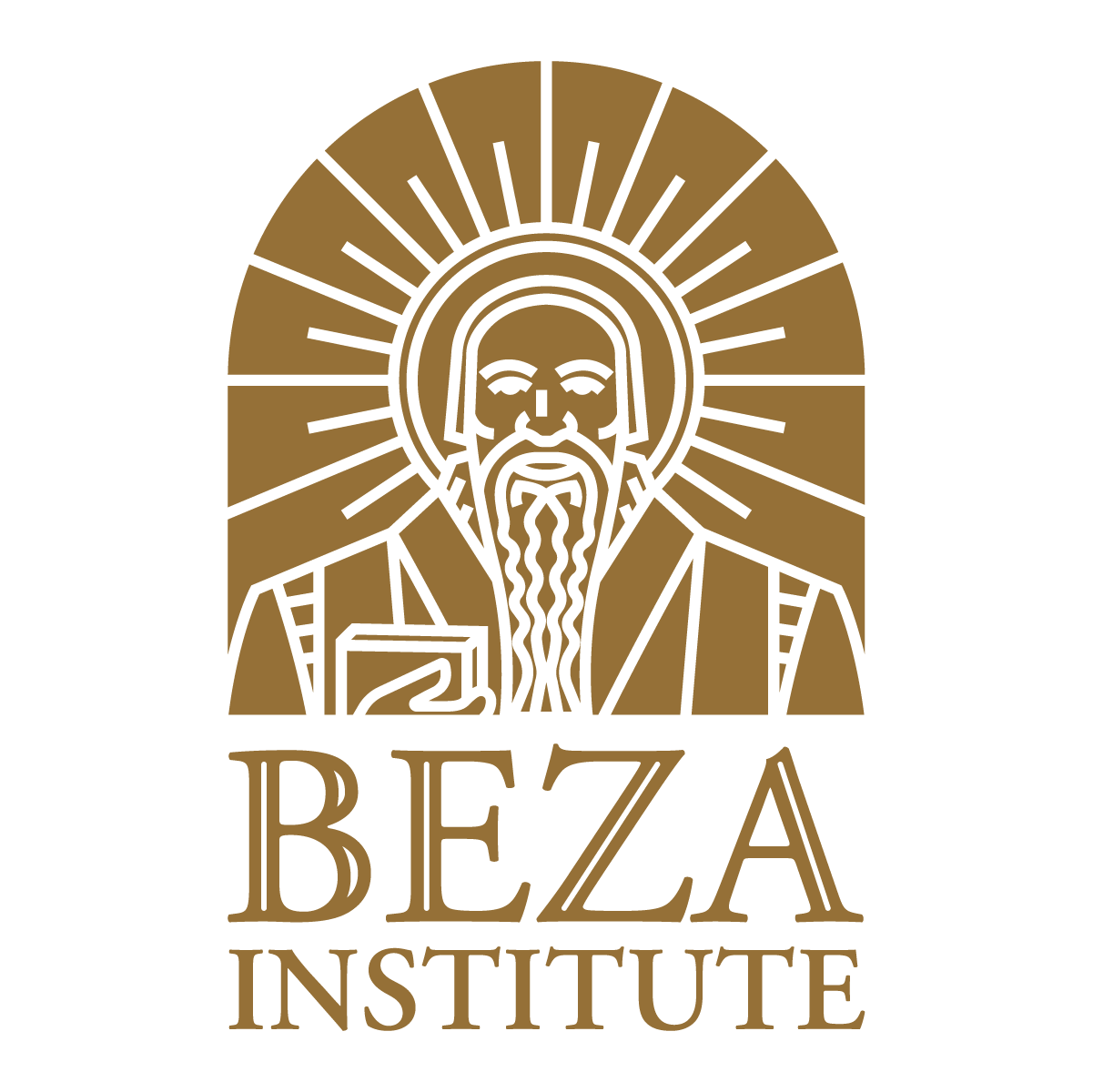Articles
Augustine’s Confessions and City of God: A Brief Introduction
Even in our own day, Augustine commands reverence among both Catholics and Protestants, and he is rightly acknowledged as an authoritative and exemplary author and scholar within liberal education. Augustine’s writings are voluminous, but two of his most famous works are Confessions (Confessiones) and City of God (De Civitate Dei). While these two works differ, they contribute to a unified theology, complementing one another through distinct perspectives and structures.
Two Things I Hated (But Grew to Love) About Classical Education
When I first entered classical Christian education, we were reading longer books and memorizing longer passages. We were going deeper in math and science. It tested my patience, and I hated it because I was not mentally up for the task. I did not fit in to the CCE world initially because all my prior teacher training was focused on stimulating engagement, not provoking critical thinking through exposure to greatness.
Hugh of St. Victor’s Didascalicon: A Protestant Appropriation
The Didascalicon does not address educational theory or pedagogy as we think of the terms. His work is a map to guide the earnest student on an ever-ascending path up to conformity to the divine likeness: “This, then, is what the arts are concerned with, this is what they intend, namely, to restore within us the divine likeness.”
Diversity, Equity, and Inclusion in Classical Education?
As we consider the faddish DEI movement and its dismal future, CCE needs to protect the traditions that resulted in its phenomenal cultural heritage. We recognize that not everything Western is admirable and that our history is blighted by all sorts of wickedness. But a discerning eye for such is precisely what the CCE movement, at its best, will cultivate; its students will gain an awareness for goodness and its opposites.
A Logic Catechism
I, as a Christian, should study logic because it pleases the Lord that I should grow in my likeness to him, who always knows truth from falsehood, and only ever says and defends that which is true. Further, my ability to think more clearly, and discern truth more certainly, allows me to better understand all that God has revealed to man about himself, both in creation and in the sacred Scriptures.
Is Leadership a Scam?
In November 2024, Joshua Gibbs woke me from my dogmatic leadership slumber in a CiRCE article entitled, “Leadership is a Scam.” As a result of his provocative article, I hibernated my LinkedIn account and adjusted my reading diet for 2025. In this article, I offer two pieces of context on Gibbs’ critiques and then propose five miscellanies on Classical Christian leadership.
The Quadrivium: An Introduction
The quadrivium is the grouping of the four liberal arts of quantity. Preceded by the arts of the trivium, which are the arts of language, they make up the foundation of a liberal education.
On Playing Socrates: A Reflection on the CiRCE Institute Classical Job Fair
Education, from educare, calls the soul to consider the highest truths. Education easily becomes trapped in rhythms and routines. And rightly so— students of all ages need stability, repetition, regularity. But there are moments where education leaves the classroom, and in that wider space with long stretches of time together, different conversations arise.
A Calvin-Inspired Catechism on Education & the Liberal Arts
John Calvin had much to say about the life of the mind, education, and the value of the Classical Liberal Arts. This is a compilation of quotes from Calvin as it pertains to these topics (mostly from Calvin’s Institutes of the Christian Religion). While this catechism is not exhaustive of all of Calvin’s thoughts on these topics, it serves as a helpful starting point for Classical Christian Educators as they seek to retrieve the retrieve the historic Protestant tradition of education.
Medieval Hermeneutics & The Great Books
I would argue that the medieval fourfold method of interpretation, carefully done, offers a lot of value to the Christian interpreter. I would also argue that it may legitimately be done on texts other than Scripture and to great benefit.











